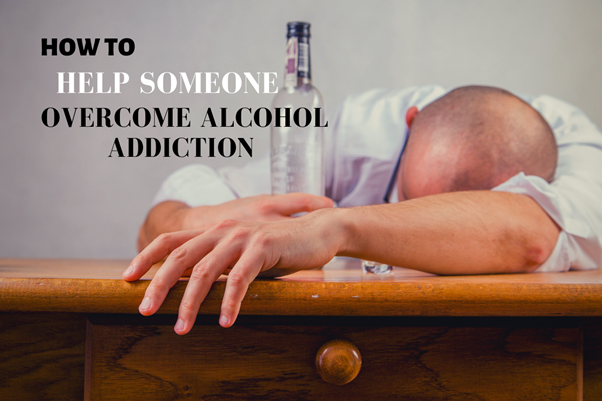Did you know that nearly half of those looking for rehab abroad choose Thailand for its affordability? This shows the country’s growing appeal for those seeking help without spending too much.
Places like DARA Rehab Thailand offer both structured treatment and affordable prices. Many Australians from rehab Melbourne, drug rehab Perth, and beyond find that planning well and understanding costs helps them recover for good.
Key Takeaways
- Thailand offers appealing cost advantages for rehab services.
- Dara Thailand blends quality care with sensible pricing.
- Smart budgeting eases worries about long-term financial strain.
- Professional guidance supports safer paths to sobriety.
- Informed decisions can unlock effective, life-changing treatment.
Why Rehab in Dara Thailand Is Worth Considering
Many people from Australia look for help to beat addictions in a calm place. This centre offers a peaceful setting and caring experts. They focus on making treatment plans that work well.
Exploring some of the best rehab facilities Thailand
At Dara Thailand, experts use proven methods to help everyone. They have well-fitted rooms and activities that boost confidence. The campus is made to help people feel calm and motivated.
Exploring luxury rehab options Dara Thailand
There are comfy rooms, tasty food, and beautiful views. Personalised care helps people find their inner strength. Trained staff offer support with kindness, making it easier to start anew.
Combining inpatient and outpatient rehab services Dara Thailand
Some need constant support but also like flexible plans later. Dara Thailand offers both inpatient and outpatient services. This mix helps people keep moving forward in their recovery.
Understanding the Cost of Rehab in Dara Thailand
Many people want to know the cost of treatment before they start. …










